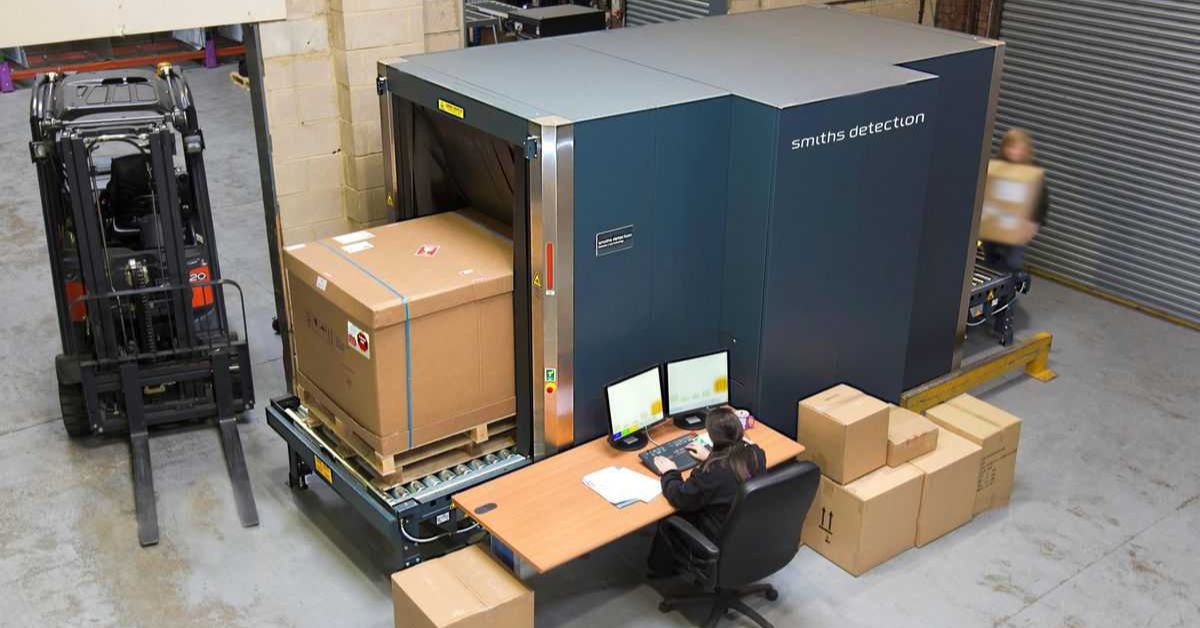The Bureau of Civil Aviation Security (BCAS) has eased the mandatory re-screening rule for transit cargo, a significant step that’s expected to elevate India’s status as a regional transshipment hub.
Until now, all cargo passing through Indian airports—including domestic shipments switching aircraft mid-journey—was subjected to compulsory X-ray screening, increasing handling time and costs. This stringent protocol often placed Indian airports and carriers at a disadvantage compared to more agile regional competitors.
The revised guidelines will streamline cargo movement, reduce ground delays, and lower operational expenses for freight operators, making Indian hubs more attractive and globally competitive.
Acting on persistent appeals from trade bodies including the Air Cargo Forum of India, the Bureau of Civil Aviation Security (BCAS) has revised its screening mandate for transit cargo. Under the updated directive, transfer and transit shipments can now bypass re-screening procedures—subject to specific safeguards.
Key among these is the establishment of a dedicated Transfer Cargo Security Hold Area (TCSHA), where such cargo will be secured against unauthorized access. To ensure integrity, security personnel will escort all approved cargo to and from the aircraft.
However, BCAS has underlined that any shipment flagged as tampered or classified as high-risk will still require X-ray screening during transit, maintaining a robust safety net while reducing operational hurdles.
This strategic shift is poised to enhance India’s competitiveness as a transshipment hub by streamlining cargo flow and minimizing delays.
The air cargo industry has welcomed the move. “Transfer or transit cargo accounts for less than 10 per cent of India’s total air cargo volume. The BCAS directions are a welcome step and will help India achieve its ambitions of handling 10 million tonnes of air cargo by 2030,” said Manoj Singh, a senior air cargo professional. In FY 2024 India handled 3.36 million tonnes of cargo.
The relaxation will help Air India and IndiGo to grow their cargo volume and attract high yielding freight. Thus, while Air India flies to both US and Australia it carries very little cargo between the two countries because of cumbersome procedures in India.









